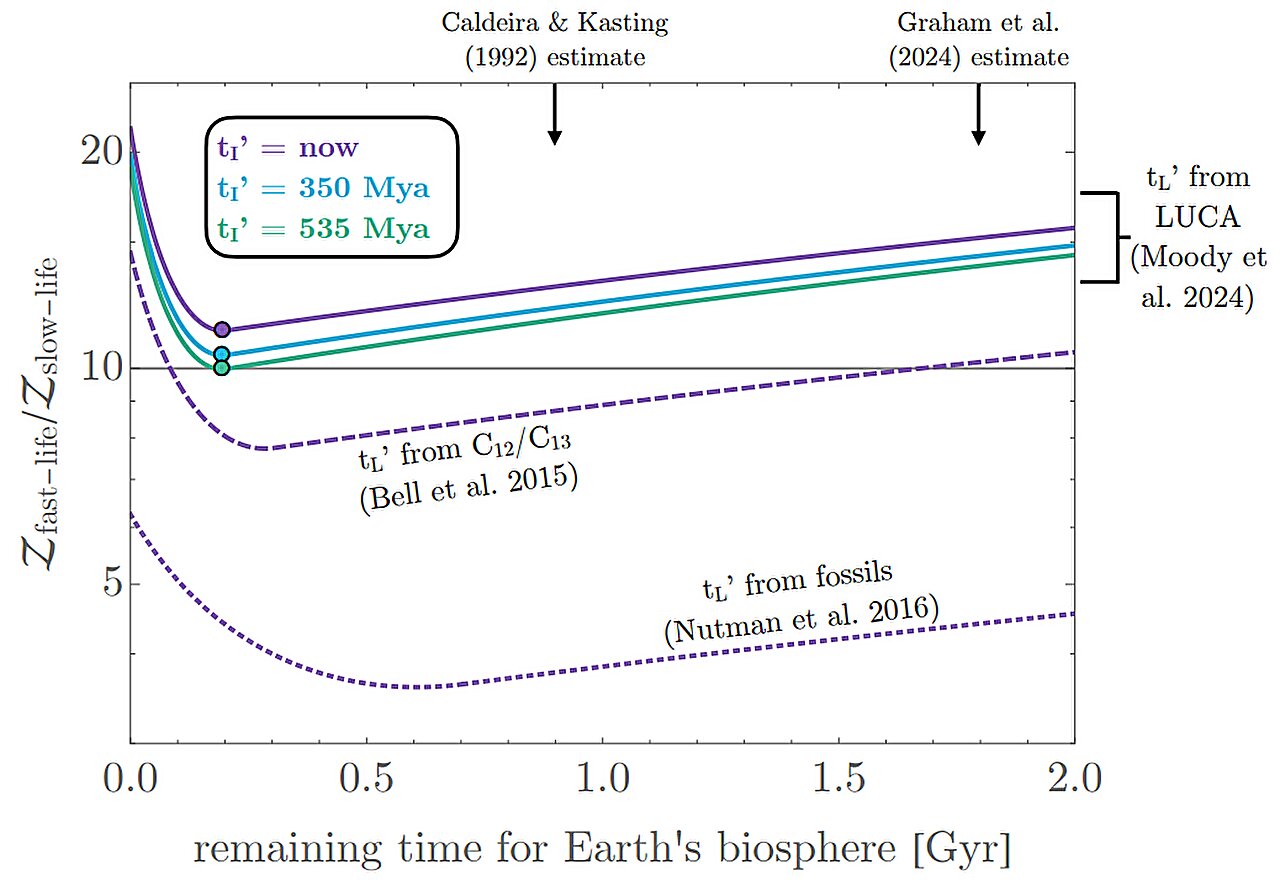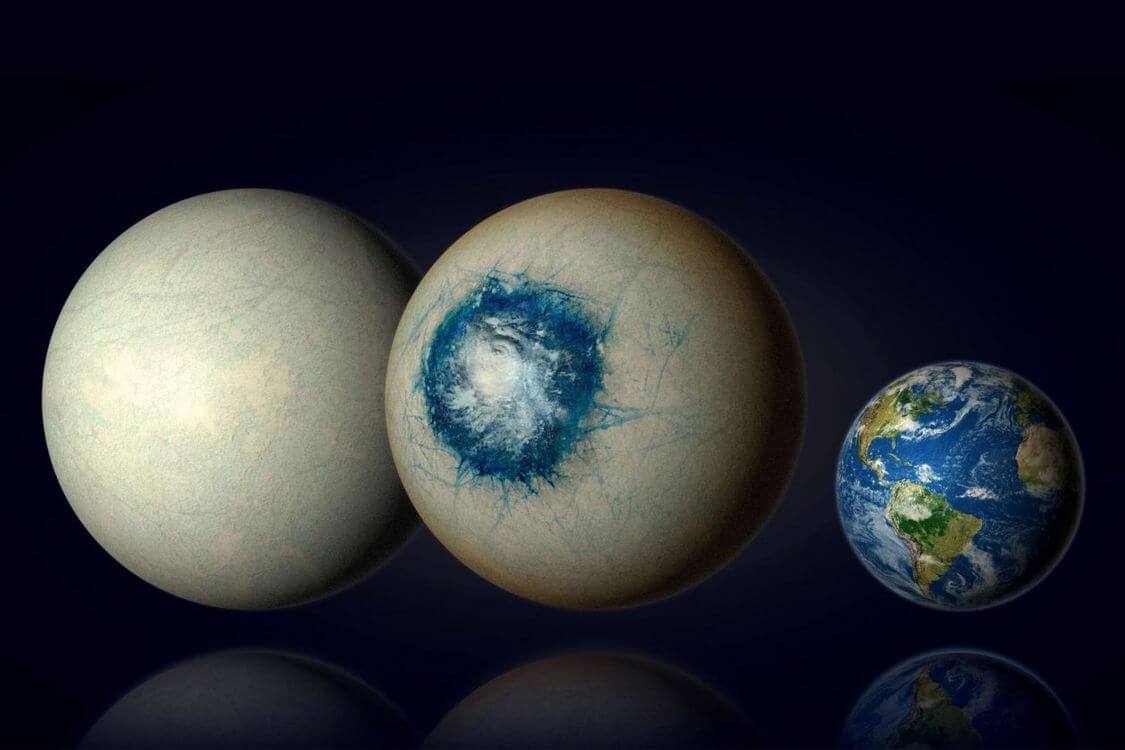
An astronomer at Columbia University is suggesting that because life emerged so soon on Earth after its formation, it may emerge rapidly on Earth-like planets after the right conditions arise in general.

We focus on planets as habitats for life but what if other environments, even ones maintained by organisms themselves, can also provide these necessities?

Researchers at the University of Montreal believe a vast ocean on exoplanet LHS 1140 b may be teeming with alien life.

Purple bacteria is one of the primary contenders for life that could dominate a variety of Earth-like planets orbiting different stars, and would produce a distinctive "light fingerprint," Cornell scientists report.

Does life appear independently on different planets in the galaxy? Or does it spread from world to world? Or does it do both? New research shows how life could spread via a basic, simple pathway: cosmic dust.

U.S. scientists argue that chance alone cannot consistently produce the highly complex molecules found in all living creatures. To produce billions of copies of intricate objects like proteins, human hands, or iPhones, the universe needs a 'memory'.

Astronomers searching for radio signals that could be signs of extraterrestrial life have just gained access to South Africa's MeerKAT telescope.

Lightning strikes were just as important as meteorites in creating the perfect conditions for life to emerge on Earth, according to new research. This shows that life could develop on Earth-like planets through the same mechanism.

New research identifies a process that might have been key in producing the first organic molecules on Earth about 4 billion years ago, before the origin of life. The process may also have relevance to the life elsewhere in the universe.

Australian astronomers surveyed a patch of sky around the constellation Vela known to include at least 10 million stars. They found no technosignatures – no sign of intelligent life.

A recent UK study shows that there could be about 36 active communicating intelligent civilizations in our home Galaxy. This is an enormous advance over previous estimates which spanned from zero to billions.

According to a recent study, if planets with similar conditions and evolutionary time lines to Earth are common, then life should have little problem spontaneously emerging on other planets and the odds are 3:2

A new study argues that our best chances of using atmospheres to find evidence of life is to broaden our search from focusing on planets like our own to include those with a hydrogen atmosphere.

Giant elliptical galaxies are not as likely as disk-shaped galaxies, such as our own Milky Way, to be cradles of technological civilizations, according to a recent U.S. paper.

It's calculated that, thanks to rapid inflation, the universe may contain more than 1 googol (10^100) stars, and if this is the case then more complex, life-sustaining RNA structures are more than just probable, they're practically inevitable.